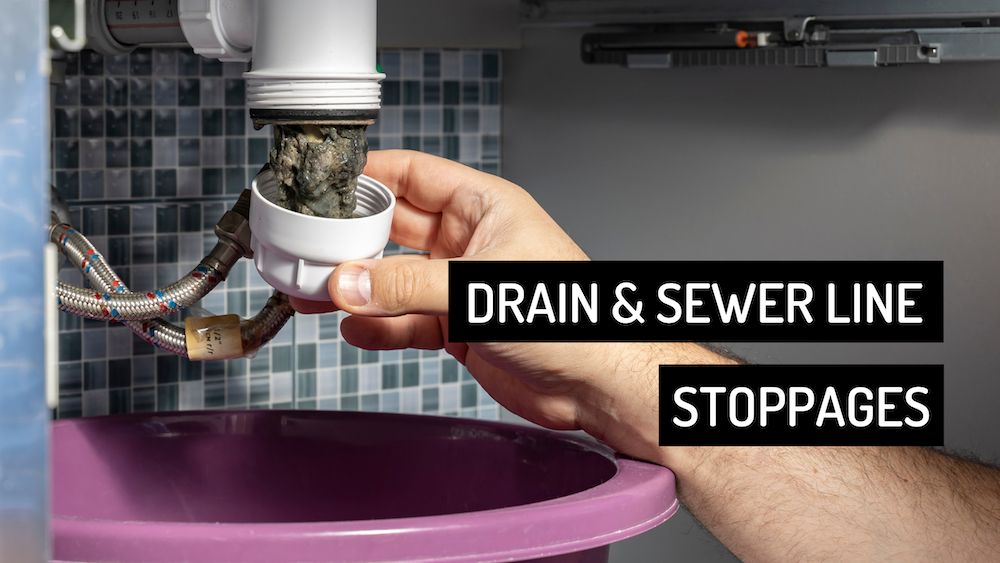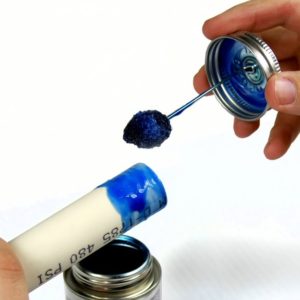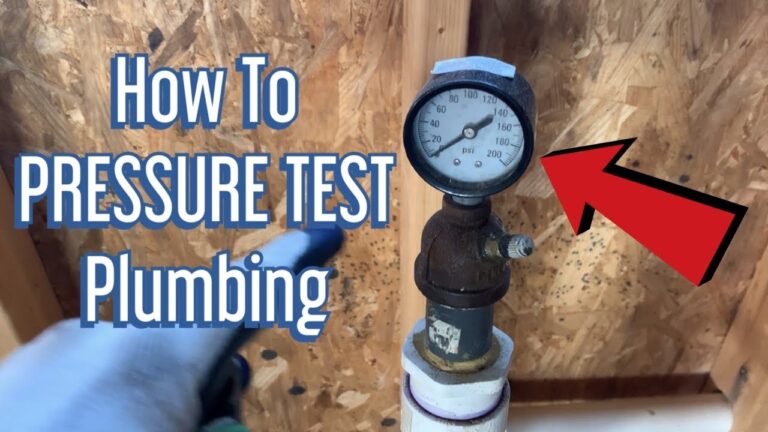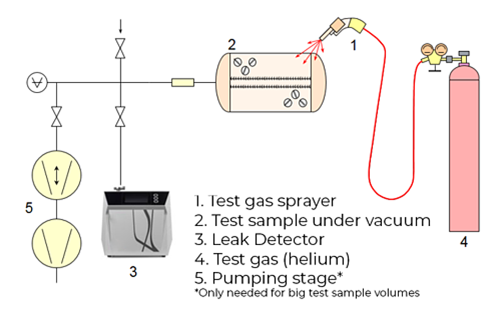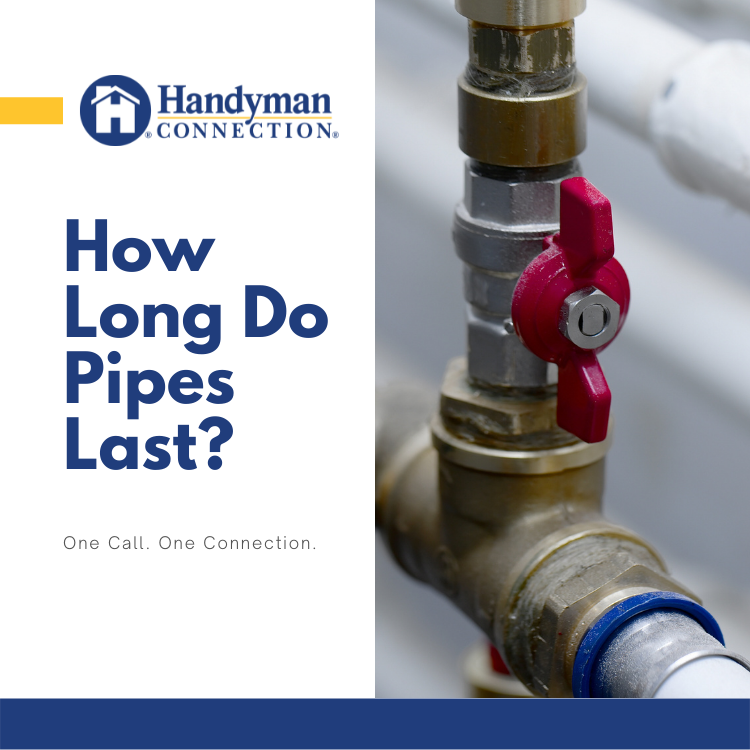What Is Plumbing Stoppage?
Plumbing stoppage is a term used to describe a blockage in a plumbing system that prevents normal flow of water or wastewater. It can be caused by a variety of things, such as a clogged drain, a broken pipe, a collapsed sewer line, a root intrusion, or a foreign object trapped in the line. Plumbing stoppages can be a major inconvenience and can lead to costly repairs if not addressed quickly. Plumbers use a variety of tools to identify and remove the source of the stoppage, such as a drain snake, a hydrojet, or a camera inspection.
Types of Plumbing Stoppage
Plumbing stoppage is an all-too-common problem for most homeowners. It is caused by a variety of issues, including clogs, blockages, and debris. Depending on the severity of the stoppage, there are different types of plumbing stoppage that require different solutions. Some of the most common types of plumbing stoppage are root stoppages, grease stoppages, and foreign object stoppages. Root stoppages are caused by tree and shrub roots growing into your plumbing system. Grease stoppages are caused when grease and cooking oil builds up in your pipes and block water from passing through. Lastly, foreign object stoppages are caused when non-soluble items like toys, jewelry, and other debris become stuck in your pipes. To address all of these types of stoppages, it’s important to contact a professional plumber to properly diagnose the problem and provide the best solution.
Causes of Plumbing Stoppage
Plumbing stoppage is an issue that can be caused by a variety of factors. Common causes include clogs in the pipes due to items such as hair, food, grease, and soap scum that have accumulated over time. Tree roots can also cause blockages and backups, as can foreign objects such as toys or jewelry that have been flushed down the toilet. Furthermore, broken, corroded, or blocked sewer lines may cause plumbing stoppages. In some cases, a plumbing stoppage can be resolved without the need for professional assistance, while in others, it may require the help of a professional plumber.
Signs of Plumbing Stoppage
Signs of plumbing stoppage can be very inconvenient and frustrating. Plumbing stoppages can cause water to back up in drains and toilets, and can also lead to unpleasant odors coming from your pipes. If you notice any of the symptoms of a plumbing stoppage, it’s important to address the issue right away. Common signs include slow drainage, gurgling or bubbling noises coming from your drains, and water backing up in your showers, sinks, and toilets. If you see signs of a plumbing stoppage, it’s important to call a professional plumber to assess the issue and determine the best solution. With the right fix, you can get your plumbing back to normal in no time.
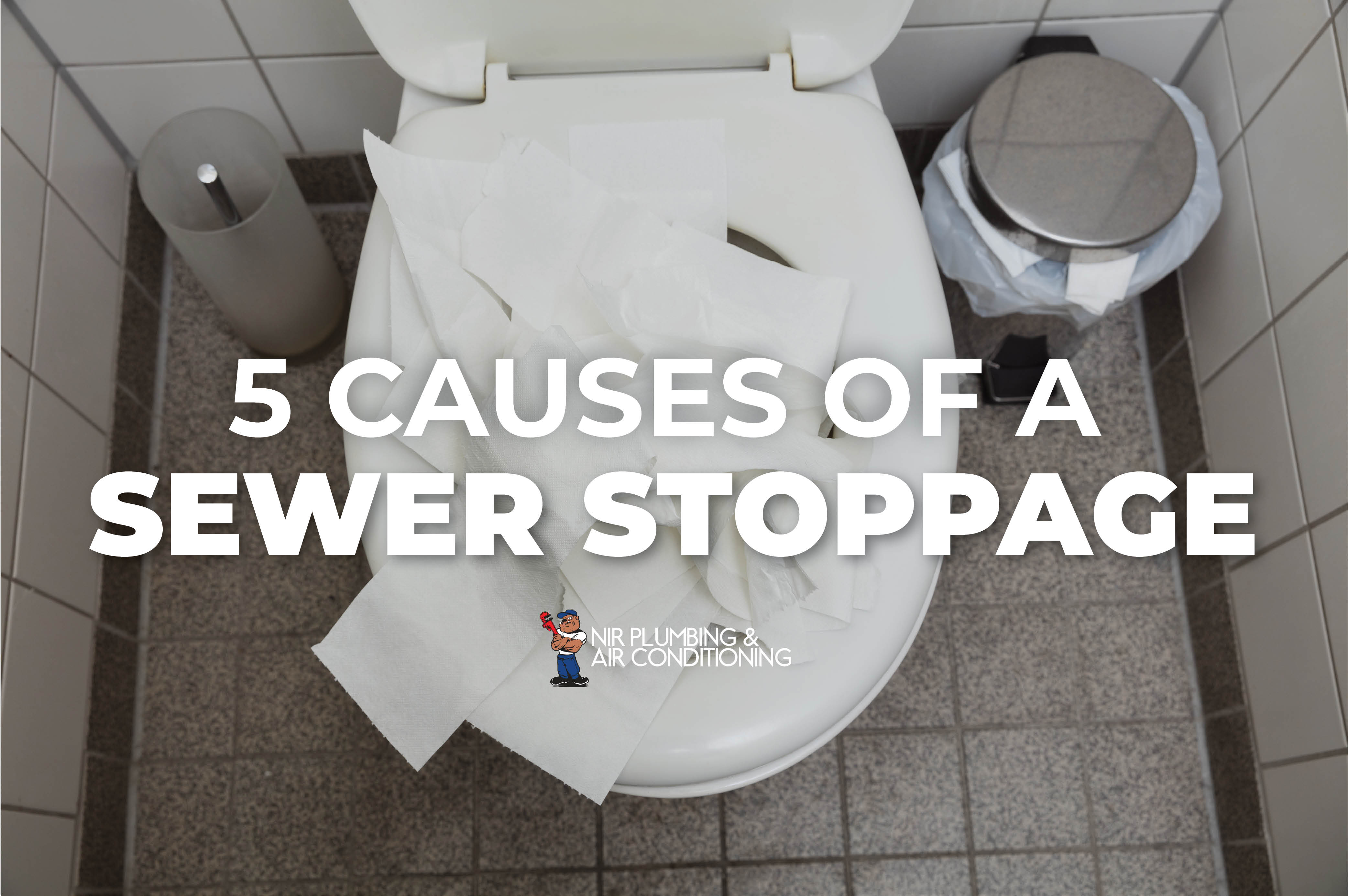
Prevention of Plumbing Stoppage
Prevent plumbing stoppage before it starts. Plumbing stoppage can cause a great deal of inconvenience and mess. To avoid this, it’s important to keep up with regular maintenance to ensure that your plumbing is functioning properly. This could include cleaning out the drains, checking for leaks, and routinely inspecting the pipes and fixtures. It’s also important to reduce the amount of grease and oil in the system, as these can cause clogs. Additionally, be mindful of what you put down the drains, as items such as coffee grounds, eggshells, and other materials can cause blockages. If you have any questions or concerns, contact a professional plumber to provide advice and assistance. With proper maintenance and care, you can help prevent plumbing stoppage and ensure your plumbing system runs smoothly.
Solutions to Plumbing Stoppage
“You may be experiencing plumbing stoppages due to a variety of factors, ranging from clogged drains to a broken pipe. Fortunately, there are solutions! Here at Solutions to Plumbing Stoppage, we offer a variety of services to help you out of those pesky plumbing issues. From drain cleaning, to pipe repair, to even sewer maintenance, we can help get your plumbing back up and running in no time! So, don’t let plumbing stoppages cause stress and disruption in your life, let us help you get things moving again!”
Professional Plumbing Assistance
Welcome to Professional Plumbing Assistance – your go-to reliable source for all your plumbing needs! Our experienced and certified technicians are here to provide you with the highest quality plumbing services, from general repairs and maintenance to full system installations. Whether you need help fixing a clogged drain, replacing a water heater, or installing a new bathroom fixture, we have the expertise and resources to get the job done right. We provide same-day service and guarantee our work for your peace of mind. Our commitment to customer satisfaction and our competitive pricing make us the best choice for all your plumbing needs. Contact us today and experience the Professional Plumbing Assistance difference!
FAQs About the What Is Plumbing Stoppage?
Q1: What causes plumbing stoppage?
A1: Plumbing stoppage is typically caused by clogged pipes or drains due to a buildup of debris, such as hair, grease, food scraps, and paper products.
Q2: How can a plumbing stoppage be prevented?
A2: Plumbing stoppage can be prevented by regularly cleaning pipes and drains with a drain cleaner, refraining from pouring grease or food scraps down the drain, and using a drain strainer to catch hair and other debris.
Q3: How can a plumbing stoppage be fixed?
A3: Plumbing stoppage can be fixed by using a plumbing snake to remove the blockage, or by using a chemical drain cleaner to dissolve the clog. In some cases, a plumbing technician may need to be called to correct the problem.
Conclusion
Plumbing stoppage is a common problem that can be caused by a variety of factors, such as clogs, broken pipes, and tree roots. Plumbing stoppage can cause a wide range of issues, from a blocked sink to an overflowing toilet. To avoid plumbing stoppage and its associated consequences, it is important to regularly inspect and maintain plumbing systems. Professional help may be necessary to address more serious plumbing stoppage issues.

